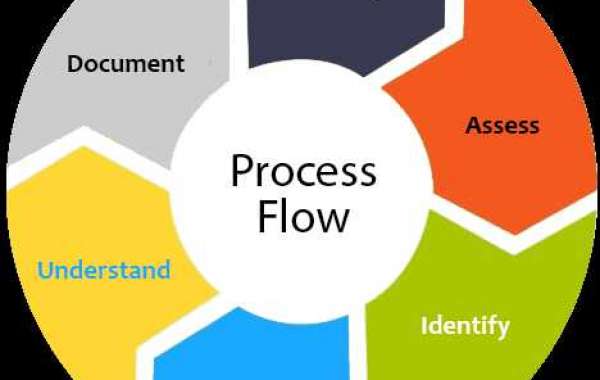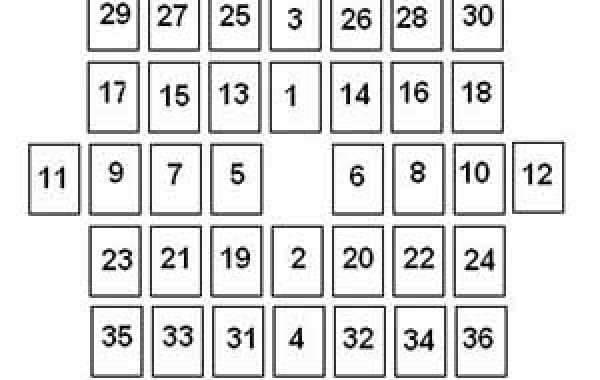Early education has a profound impact on young children's brains. Children learn best when they are not pushed too hard and allowed to explore their creativity. Thus, many parents take preschool seriously and spend more time with their children to teach them what they believe they should learn. In terms of a child's higher education, this is very beneficial.
What Exactly Is Early Childhood Education?
Generally, early childhood education is intended for children between three and five. This type of program is commonly referred to as preschool, pre-kindergarten, day - care, nursery school, or simply early education. These programs have the same purpose - to prepare children for elementary school. Give your children special attention before entering elementary school to prepare them for their future.
Why is early childhood education important?
Early childhood education is similar to a training program for young children. A child will gain the social, emotional, physical, and cognitive skills to have a brighter future during class. Early childhood education can contribute to a lifetime love of learning in children if done correctly.
Early childhood education has four benefits-
Young minds are like sponges. Due to its capacity to absorb a great deal of information, children should have guidance while learning. Among the many benefits of early childhood education, we have listed the following:
- Socialization
Humans are very social beings, and socialization begins in infancy. Children meet other individuals their age in a safe environment away from their families, sowing the seeds of "socialization" and "friendship" in their minds. It helps to develop self-confidence in your children by eliminating their shyness.
- Cooperation
Children in this phase learn to share, cooperate, take turns, etc. Each of these activities contributes to a secure social life. It is especially beneficial for an only child who is unfamiliar with sharing. The child will learn to cooperate with the guidance of professionals in a safe environment.
- Value of Education
Preschool provides children with a new environment to view the notion of education from an entirely new perspective. The application of knowledge to their lives demonstrates the value of education.
- Respect
Children at preschool are exposed to a civil environment, and they learn that respect isn't just limited to people and belongings but also the environment.
In conclusion,
Studies indicate that early education is important for children's mental, emotional, and physical development. Therefore, to ensure a high quality of education for your child, provide early childhood education.
In addition, early education service provider represents much more than a drop-off location for working parents but also play an essential role in child development by giving children the opportunity to be involved in a range of educational and social activ








